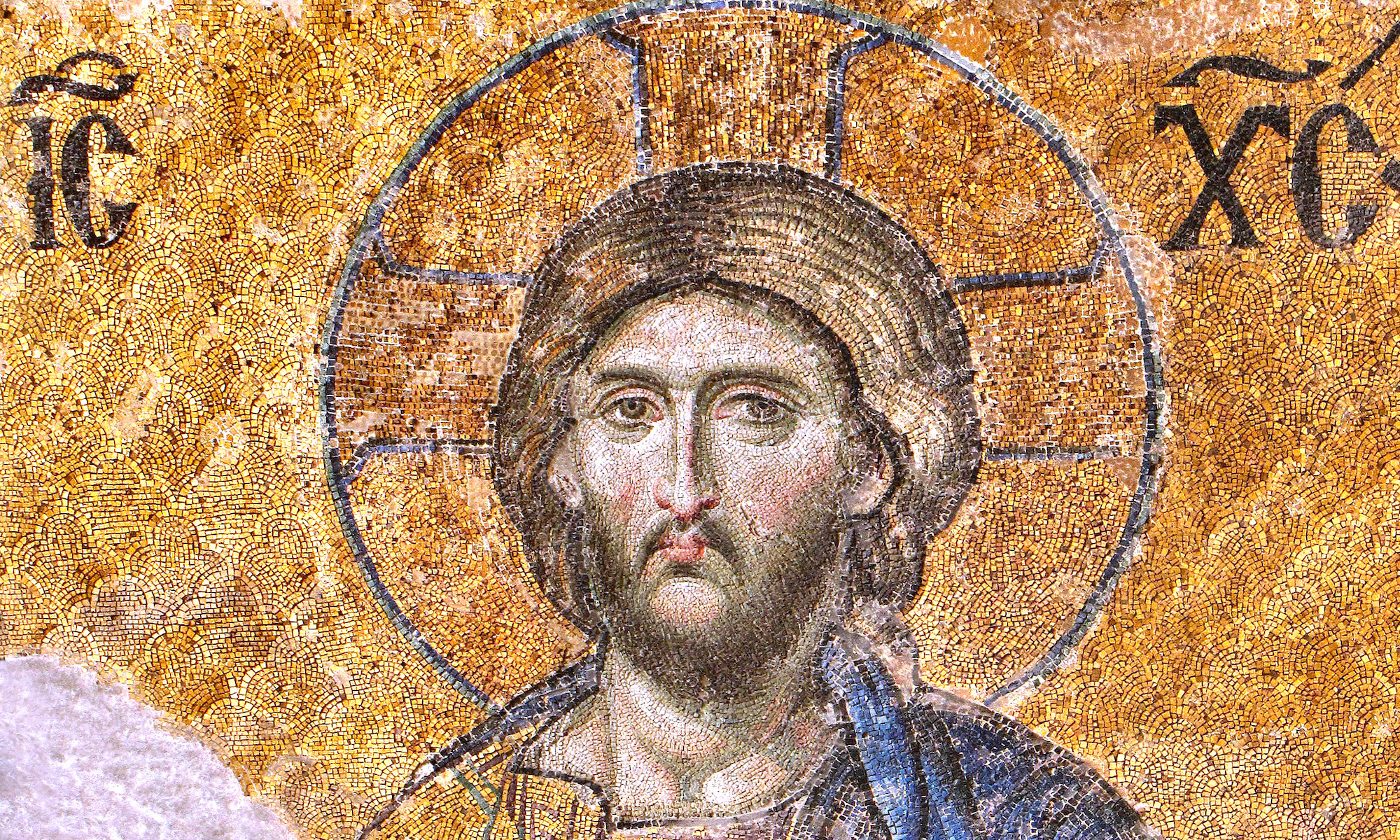As those who have been attending our Wednesday evening study of Fr. Alexander Schmemann’s For the Life of the World already know, I was recently “blown away” by the section on feast (section four) in Chapter 3, “The Time of Mission”, particularly the following paragraph:
To understand the true nature—and “function”—of feasts we must remember that Christianity was born and preached at first in cultures in which feasts and celebrations were an organic and essential part of the whole world view and way of life. For the man of the past a feast was not something accidental and “additional”: it was his way of puttingmeaning into his life, of liberating it from the animal rhythm of work and rest. A feast was not a simple “break” in the otherwise meaningless and hard life of work, but a justification of that work, its fruit, its—so to speak—sacramental transformation into joy and, therefore, into freedom. A feast was thus always deeply and organically related to time, to the natural cycles of time, to the whole framework of man’s life in the world. And, whether we want it or not, whether we like it or not, Christianityaccepted and made its own this fundamentally human phenomenon of feast, as it accepted and made its own the whole man and all his needs. But, as in everything else, Christians accepted the feast not only by giving it a new meaning, by transforming its “content,” but by taking it, along with the whole of “natural” man, through death and resurrection.
As I mentioned to those at the study, one of the “occupational hazards” of being a priest (or a choir-director, for that matter) is that feasts can become burdens, extra work, rather than occasions of joy. Fr. Schmemann’s words, “Feast means joy,” thus deeply convicted me, and reminded me of earlier days back at St. Herman’s when a whole bunch of new converts to Orthodoxy were discovering – much to their joy – that it was work, but deeply worthwhile work, to “keep the feast.” (This was in conjunction with a local custom that had developed to hold a rotating feast “from house to house” for every one of the Twelve Days of Christmas.)
If there is an area in which I can improve, in which we as a community can improve, I think it is in the keeping of the feasts. Well, there are many areas in which we can improve, of course, but, given what Fr. Schmemann has said about the feasts giving meaning to our lives, it seems to me that this is a very worthwhile area to focus on. Here are a few ways in which we might, as a community, work on better keeping the feasts:
- Meditate on their meaning. I have been intending, for some time now, to write a bit of a meditation preparing our hearts for and reminding us of each of the Great Feasts. I will try to do better at this, but, even if I don’t manage to write anything, there’s nothing stopping any of us from watching our calendars and meditating on the meaning of the Great Feasts as each one comes our way!
- Come to the feast! We do our best to schedule our feast-day services at times which the majority of the community will be able to attend. Make attendance at the festal services a priority. Yes, it is often an inconvenience to take/make the time to attend, particularly in our over-busy society, but that’s part of the point! Choosing to celebrate the feast is a choice to incorporate the meaning revealed by that feast into our daily lives.
- Bring food for the feast. Our pot-luck at St. John’s has always had a bit more emphasis on “luck” than it should. It would be wonderful if everyone who was able to brought something to offer – and I’m speaking to myself as well in this regard!
Each one of the Twelve Great Feasts, especially including tomorrow’s Great Feast of the Transfiguration, takes something ordinary and reveals it to be extraordinary. In the Transfiguration, our Lord, who had taken on the form of our lowliness (with “no form or beauty that we should desire him”), was revealed as God Himself made flesh, in all of His divine glory – or at least as much of it as the apostles were able to bear to look upon. Our Lord’s conversation with Moses and Elijah reveals our connection, in Him, with all “those who have gone before”, and the series of seemingly random coincidences in our Lord’s life and death were revealed to the apostles to be the Hand of God at work in history for the fulfillment of His prophetic Word – and, by extension, that God is still at work in all things for the good of those of us who love Him and are the called according to His purpose.
Ultimately, there are no “random” coincidences. I needed to read and be convicted by Fr. Schmemann’s words – and, hopefully, God will use those words in your life as I pass them on to you. Ultimately, all of life is transfigured by the presence of God as He works in all things for our good to draw us up into His Son, the God-man, in whom we are united, in love, with God Himself.
Love in Christ,
Fr. Justin.
